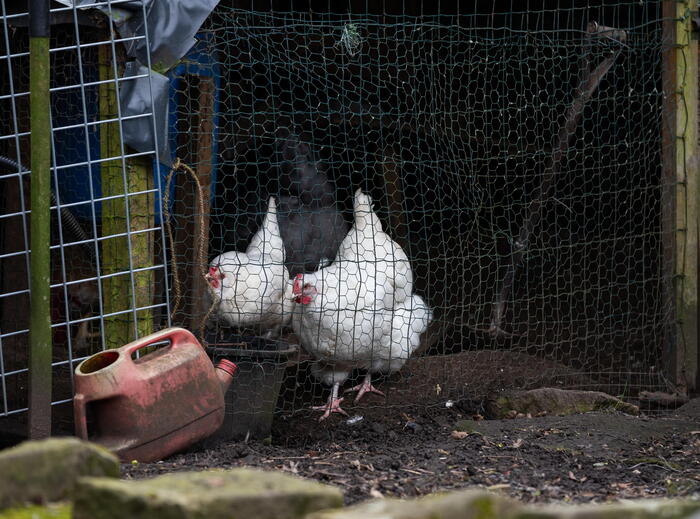(by Antonino Michienzi) Millions of dead wild birds, a growing number of infected mammal species, even in countries once untouched by the virus and one case in humans: this year’s avian flu season has raised more than ever the attention on the link between animal health and that of men, so much so that the major international organizations active in the surveillance of human and animal health, invite us not to let our guard down to prevent the emergence of new pandemics. This is, for example, the position of the World Health Organization (Woah), the World Health Organization (WHO) and the United Nations Food and Agriculture Organization (FAO).
The peak of bird flu may be over, but the season isn’t over yet. According to Woah’s latest report, in the weeks between February 17 and March 9, 2.2 million animals still died or were killed due to highly pathogenic avian influenza viruses, mainly H5N1. Over 200 outbreaks, 44 in poultry farms and about 160 in wild birds, more than 80% in Europe.
“Based on seasonal trends, the number of outbreaks in animals is expected to have passed the peak and begin to decline,” said Woah, who however called for surveillance to be kept up, also in view of the high prevalence to infection in mammals.
To date, it is difficult to quantify the risk to humans. The WHO clarified last month that a strain of the virus that has been circulating in poultry in Southeast Asia for 10 years and has no relation to the current outbreak killed a girl in Cambodia in February. “For the time being, WHO is assessing the risk to the short man,” said WHO director-general Tedros Adhanom Ghebreyesus. “But we can’t assume it will stay that way. We have to prepare for any change in the status quo.”
Also for this reason, this morning, the representatives of international agencies with competences on food (FAO), the environment (Unep), human health (WHO) and animal health (Woah) launched an appeal to speed up the adopting a ‘One Health‘ approach to major global challenges, especially pandemics. “Recent international health emergencies such as the Covid-19 pandemic, monkeypox, Ebola outbreaks and the continuing threats of other zoonotic diseases, food security, antimicrobial resistance challenges, as well as ecosystem degradation and the climate change clearly demonstrate the need for resilient health systems,” they wrote.
Meanwhile, work continues on a new global plan to deal with pandemics: after a first meeting at the end of February, national representatives in the WHO will meet next week to discuss the first draft. The goal is to arrive at a shared document to be presented at next year’s World Health Assembly. In recent days, Bill Gates has also taken the field again: with an intervention in the New York Times he expressed the fear that the same mistakes of the past are being made and invited to prepare for epidemics as one does with fires. “If a fire is left to burn out of control, it poses a threat not just to a home but to an entire community,” he wrote.
breaking latest news © Copyright ANSA

